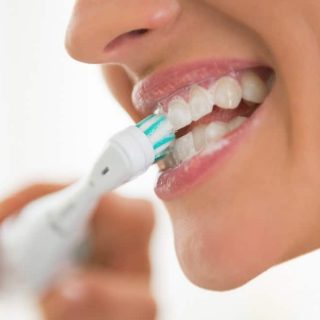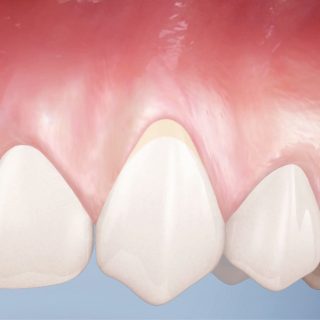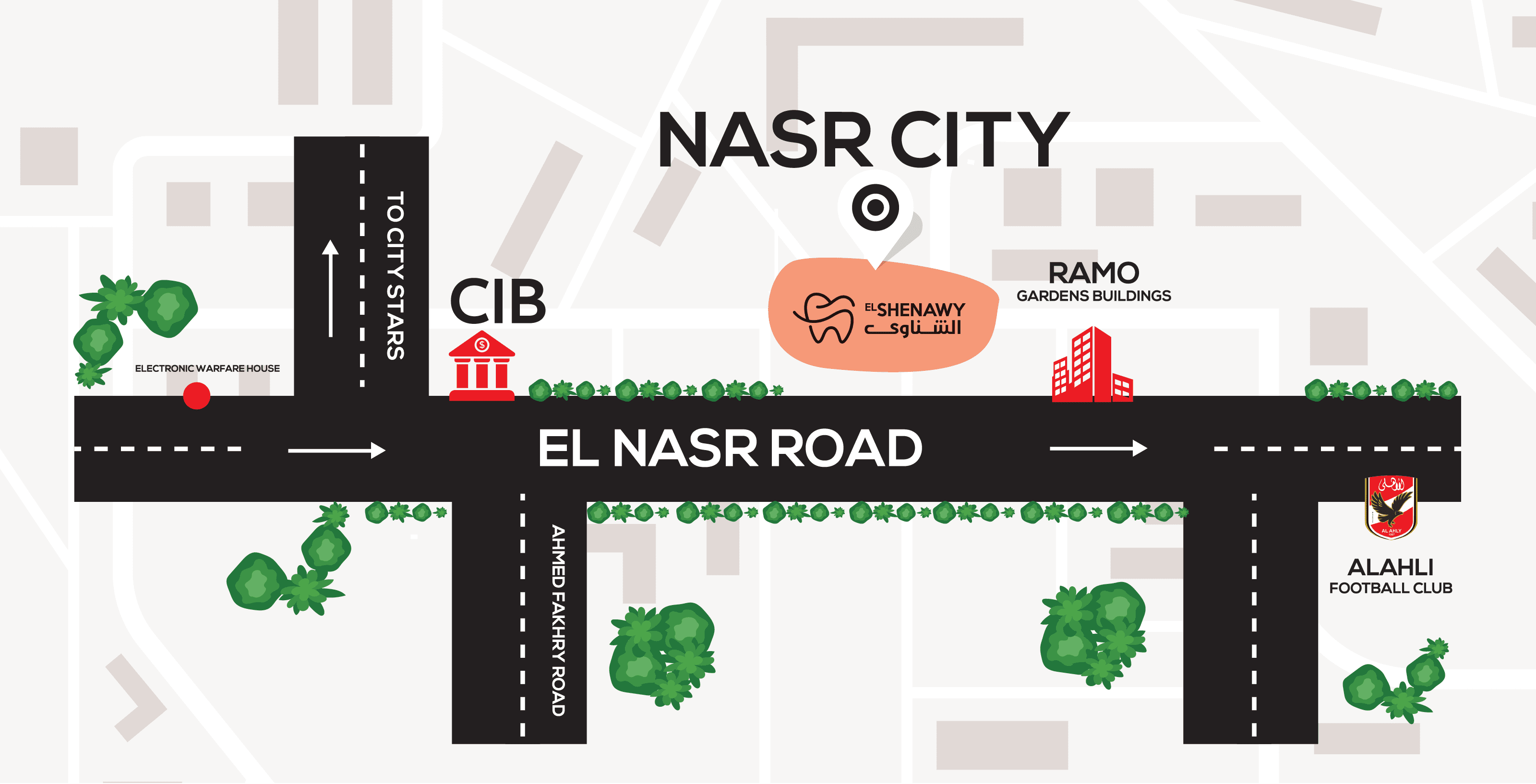People often have fear of the dentist; a common problem that can become so overbearing that a person might stop going to the dentist altogether. This fear, also called dentophobia, often leads people to postpone or avoid receiving treatment altogether, and can ultimately affect their oral health and well-being.
This fear of the dentist is a considerable issue in both genders, but research suggests it is more often a female issue than a male issue; and it can result from multiple triggers that we’ll explore in more detail as we go.
In this blog, we’ll break down what dental phobia really means, explore its symptoms and causes, and offer practical solutions to help you or someone you love regain confidence in dental care.
What is Dentophobia?
Dentophobia, or odontophobia as it’s sometimes called, is a strong fear of going to the dentist or having any kind of dental work done. People with dentophobia may feel overwhelming anxiety at the mere thought of visiting a dental clinic.
While some level of nervousness before a dental appointment is common, dentophobia goes beyond typical unease. This extreme fear can lead people to delay dental check-ups or treatments, or even skip them entirely, which isn’t good for their dental and overall well-being.
What are people with dental phobia afraid of?
- Anesthetic: It’s common to worry about whether the numbing medicine will actually work, or to be concerned about potential side effects.
- Blood: Discomfort or panic at the sight of bleeding, even in small amounts.
- Choking or Gagging: Fear of being unable to swallow or breathe during procedures.
- The Dentist: Anxiety linked to past negative experiences or a lack of trust in the dentist.
- Pain: Fear of pain, during or after treatment, especially if the patient has a low pain tolerance.
- Needles: A lot of people, especially during dental work, get nervous about the injections that are used to numb the area.
Symptoms of dental anxiety
People with dental anxiety may experience a mix of physical, emotional, and behavioral symptoms. These can range from mild discomfort to severe panic.
- Sweating or chills.
- Racing heartbeat or palpitations.
- Dizziness or lightheadedness.
- Shortness of breath.
- Trembling or shaking.
- Nausea or upset stomach.
- Low blood pressure or fainting.
- Crying, panic, or visible distress.
The triggers of dental phobia
- The Clinic Environment: Anxiety can be triggered by the clinic’s lighting, scent, or even the act of walking in.
- Dental Tools: Seeing sharp instruments like needles or drills can be overwhelming.
- The Dentist’s Chair: Being in a vulnerable position while lying down might make you feel more helpless.
- Anticipation and Overthinking: Having fears before the appointment and worrying about pain, complications, or even imagining what will happen to you can increase your own fears before the appointment begins.
Common reasons for fear of going to the dentist
- Past negative experiences: Painful or traumatic memories of dental visits, particularly from childhood, can create lasting fear.
- Feeling out of control: Lying back with your mouth open and being unable to speak can cause anxiety for some people.
- Embarrassment: Feeling self-conscious about bad breath, the look of one’s teeth, or being in close proximity to someone else can lead to feelings of discomfort or shame.
- Hearing others’ experiences: Your own experiences can be influenced by what you hear from people like your parents, friends, or the media.
- General mental health conditions: Individuals struggling with anxiety, PTSD, depression, OCD, or claustrophobia might be more prone to experiencing dental fears.
How far can dentophobia affect your dental health?
If you allow the fear of the dentist to keep you from getting care, you may be doing some significant, long-term damage to your oral health. Almost all dental problems are preventable, but by delaying or avoiding care, you put your health and confidence at risk.
This creates a vicious cycle: fear causes delay, delay worsens dental issues, and worsening issues increase the fear.
As a result, avoiding dental care often leads to:
- Tooth decay and cavities
- Gum disease (periodontitis)
- Tooth loss or extractions
- More invasive or emergency treatments
Tips to eliminate the fear of the dentist
- Talk to your dentist: Express your fear honestly. The good dentist will pay attention, provide clear explanations of procedures, and modify the experience to give you a sense of control.
- Bring a support person: Having a friend or family member you trust accompany you can help calm your nerves and provide some extra comfort.
- Pick a calmer time: Try to schedule your appointment for earlier in the day, as these slots tend to be more relaxed and less stressful.
- Utilize a stopping signal: It can be helpful to agree on a gesture (like raising your hand), to stop treatment if you feel overwhelmed.
- Try relaxation techniques: Try some relaxation methods, such as guided imagery or deep breathing, to help your body and mind relax.
How do dentists manage dental phobia?
Dentists usually offer a range of professional techniques to make treatment more manageable and less stressful.
- Cognitive Behavioral Therapy (CBT): This approach assists patients in reshaping negative thought patterns and lessening anxiety; it’s frequently combined with gradual exposure techniques.
- Guided Imagery & Visualization: This method prompts individuals to concentrate mentally on soothing images to foster relaxation.
- Distraction Tools: TV, movies, and music can divert attention from the process.
- Deep Breathing & Muscle Relaxation: Simple techniques to reduce physical symptoms of stress.
- Hypnotherapy: Guided relaxation can help change the perception of dental treatment.
Treatment options for severe dental phobia
For more intense cases, dentists may use sedation methods to allow safe and stress-free treatment:
- Oral Sedatives: These are pills to take ahead of your appointment to lower anxiety.
- IV Sedation: Medication through a vein for further relaxation during treatment.
- General Anesthesia: Complete unconscious sedation, used on rare or complicated cases.
El-Shenawy Dental Centers: prioritizing your comfort
At El-Shenawy Dental Centers recognizes that fear of the dentist is a genuine concern, and we treat it with the utmost seriousness. Our dentists don’t just offer top-notch clinical care; they’re dedicated to ensuring a calm and supportive atmosphere for every patient.
Before any treatment begins, we spend time with our patients, explaining everything and all options available to them. This open, calming process alleviates anxiety and builds trust.
Our care is centered around you. With a gentle, patient-first approach, we make sure you feel safe, informed, and supported at every stage. Every treatment is provided with heartfelt care, meticulous attention, and complete consideration for your unique requirements.
Book your appointment with us today!



















